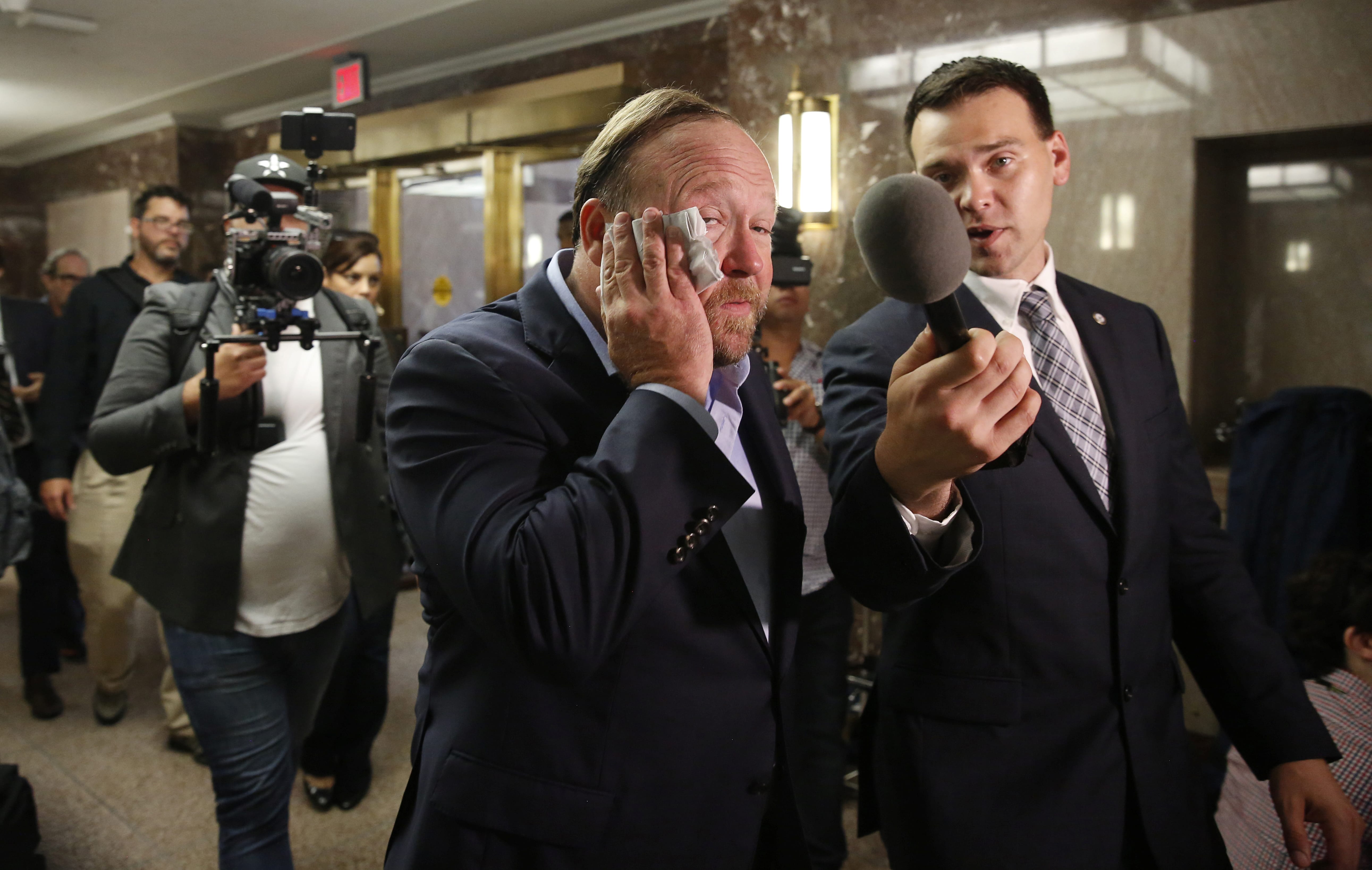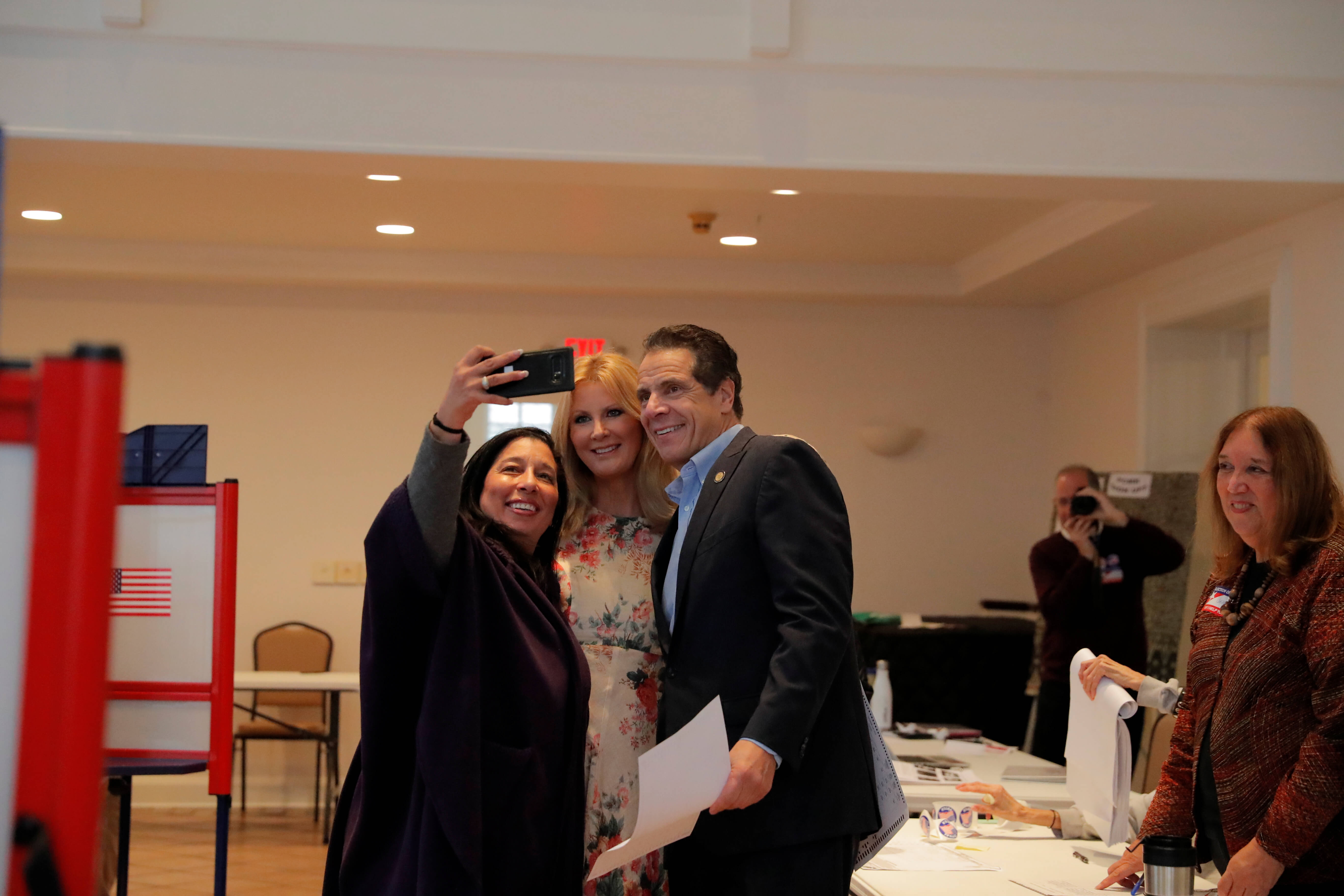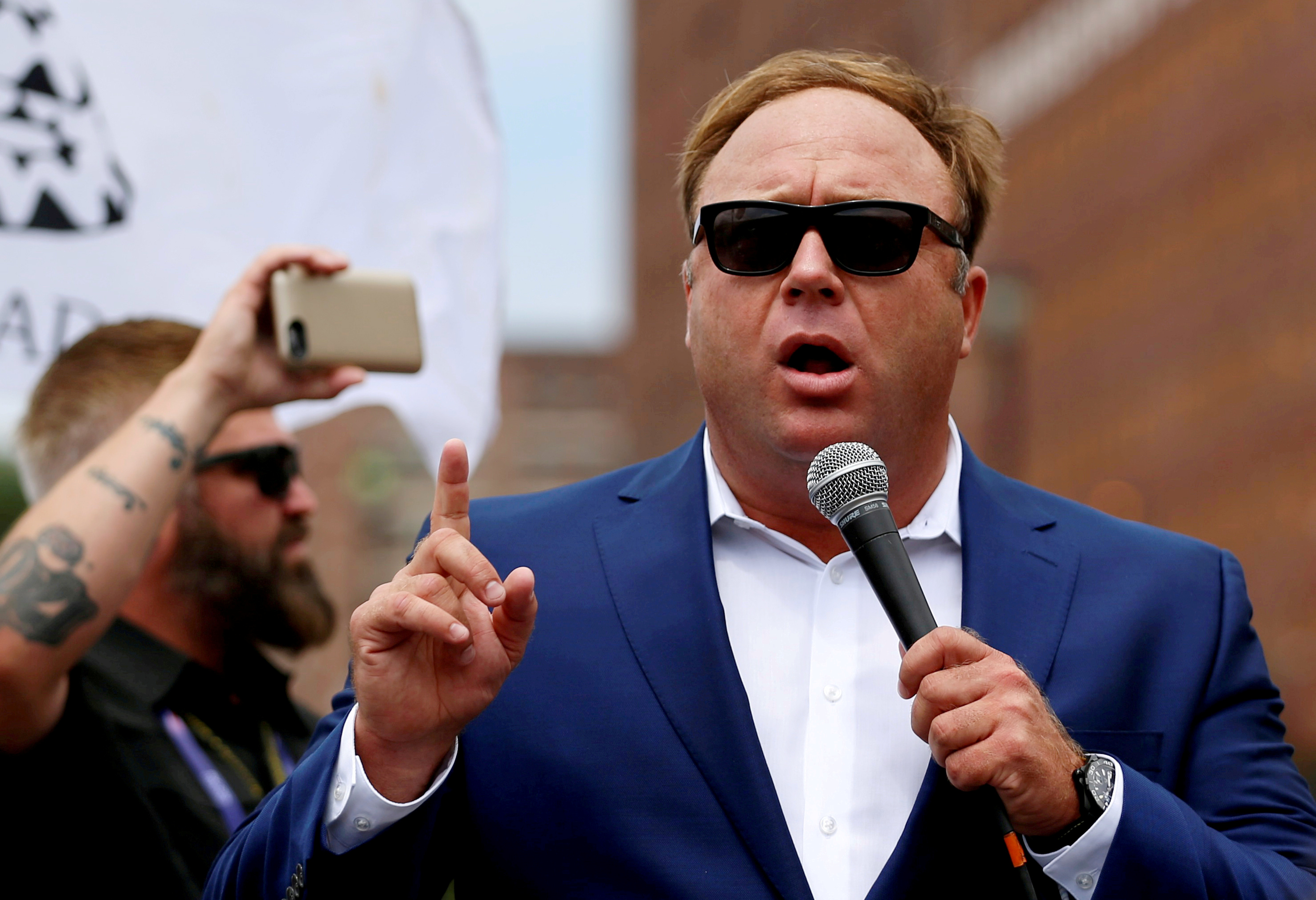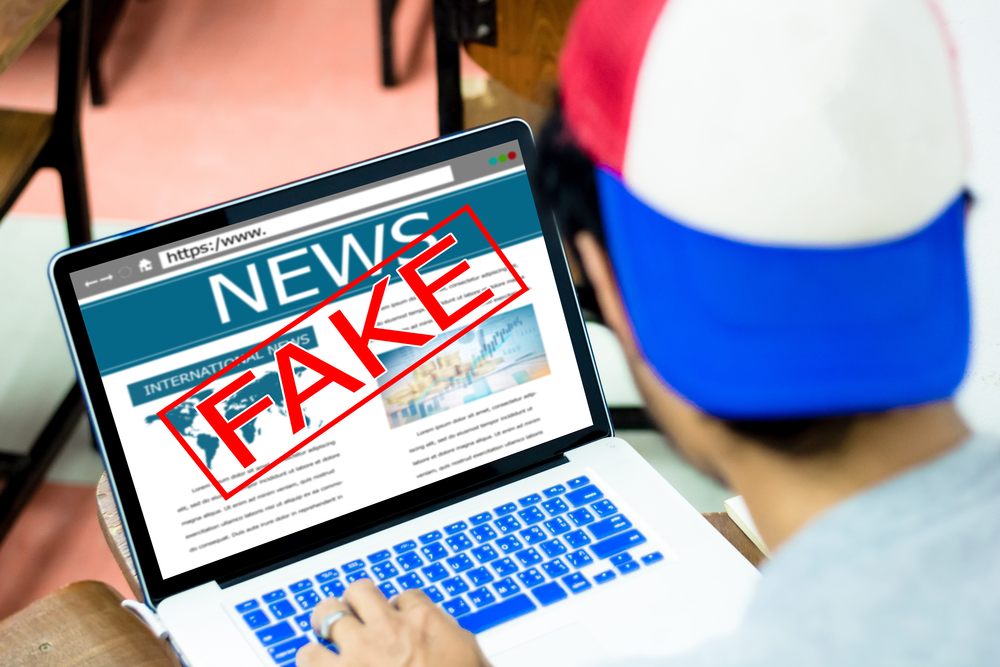Facebook Bans Alex Jones and Other Controversial Figures for Promoting Hate Speech and Violence
Facebook is banning some controversial, well-known figures for violating the social media giant’s policies on hate speech and promoting violence. The list includes Sandy Hook-denier Alex Jones, right-wing provocateur Milo Yiannopoulos, conspiracy theorists Laura Loomer and Paul John Watson, Nation of Islam leader Louis Farrakhan, who promotes anti-Semitic views, and Paul Nehlen, a white nationalist who ran for Congress in 2018.
Gene Policinski Commentary: A Growing List: 2019 Threats To First Amendment Freedoms
The Newseum Institute’s First Amendment expert, Gene Policinski, originally published this commentary on January 11, 2019, on the Newseum blog, and has given First Amendment Watch permission to reprint. First […]
Exercising Selfie-Expression: Do Ballot Selfie Bans Violate the First Amendment?
Elections look a lot different these days than they did in the past. Swag, branded hashtags, and of course, the ballot selfie. As the modern phrase goes, “picture or it […]
War of Words: Alex Jones Removed, Banned From Major Content Platforms
Alex Jones and InfoWars Twitter accounts have been permanently removed from the platform following a live-streamed confrontation on Periscope between CNN's Oliver Darcy and Alex Jones on Capital Hill, where Jones ranted at Darcy and about Twitter CEO Jack Dorsey who was on the Hill for congressional hearings. Twitter cited a violation of their abusive behavior policy as the reason for the move.
In a letter sent to Facebook CEO Mark Zuckerberg, The Knight First Amendment Institute called on the platform to amend its terms of service to allow journalists and researchers to safely […]
What is fake news? Facebook and Google offer mea culpas for spreading it and hire legions of staff to counter it. Congress investigated how the Russians promoted it during the 2017 Presidential election. President Trump calls out "fake news"organizations in tweets several times a week. Has the term itself lost its meaning? A recent survey by the Freedom Forum Institute reveals many Americans believe fake news is a major threat, even over hate speech. What more can be done to separate fake news from facts?
Every year the First Amendment Center of the Freedom Forum Institute conducts the State of the First Amendment survey, which examines Americans’ views on freedom of religion, speech, press, assembly and petition, and samples their opinions on contemporary First Amendment issues. The survey, conducted in partnership with Fors Marsh Group, an applied research company, has been published annually since 1997, reflecting Americans’ changing attitudes toward their core freedoms.
Ballard Spahr: First Amendment Bars Trump from Blocking Critics on Twitter, Court Rules
Reprinted with Permission from Ballard Spahr A federal judge has ruled that the First Amendment prohibits President Donald J. Trump from blocking Twitter users because of political disagreements. Last summer, […]







